Posts in 'OPEN'
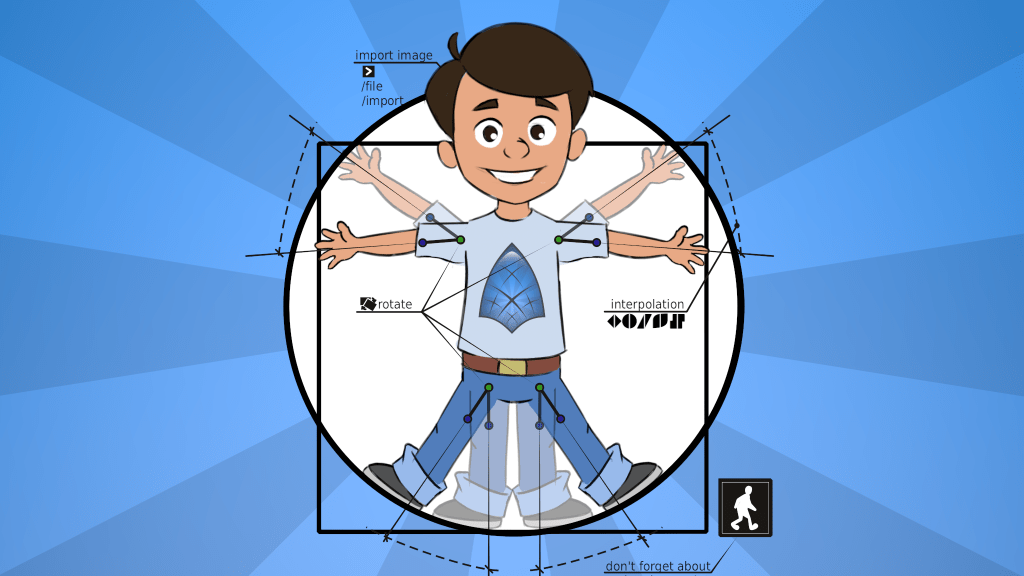
Konstantin Dmitriev: Animating Opportunity With A Flash Grant
by Chris McGivern, 15 May 2021
Konstantin is a self-educated animator and open source advocate from Gorno-Altaysk in Siberia, Russia. His home town is nestled in a snug valley enveloped by the north-western Altai mountains and virtually at the centre of Eurasia, at almost the precise midway point between Finland and Japan. It’s a small, beautiful place, but very remote and surrounded by Russia’s most sparsely populated region. As a child in this quiet town, Konstantin would often shoot homemade movies...

Shuttleworth Foundation Application FAQs
by Chris McGivern & SF Team, 23 October 2020
Thank you to everyone who joined us for our first ever application information webinars. We found it a very useful process and hope you got as much out of it as we did. Recordings of each session are here if you need to recap or missed out entirely. Session 1: 23 September 2020 Session 2: 14 October 2020 Below, we have created an FAQ to refine and explain more about the application process and include...
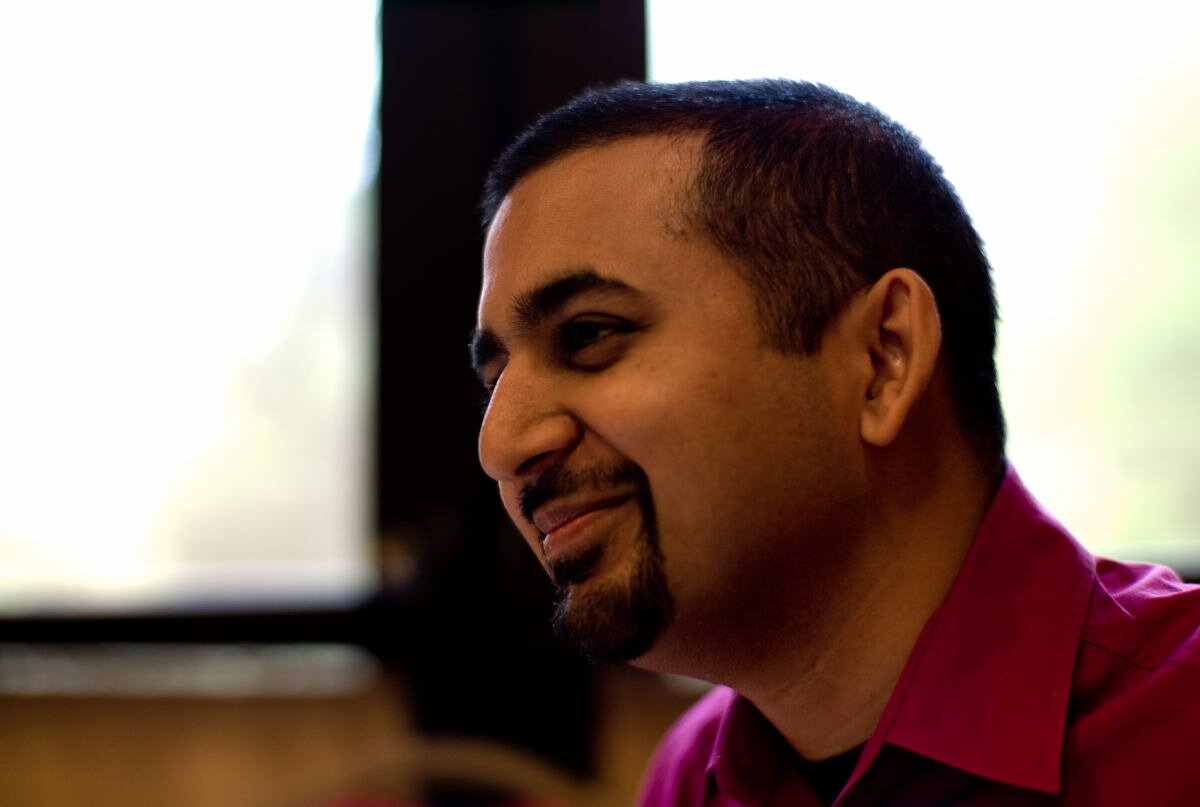
Anil Dash: Honorary Steward, March 2021
by Chris McGivern & SF Team, 15 October 2020
Anil Dash is an American entrepreneur, activist and blogging pioneer. He is currently engaged as CEO of Glitch and serves on the board of a diverse range of ethics-oriented organisations. This work includes defending our digital rights with Electronic Frontier Foundation, measuring technology’s societal impact with the Data & Society Research Institute, and protecting vulnerable girls and families from New York with the Lower East Side Girls Club. He is also a board member at...

Fellowship Application Info Session
by Chris McGivern & SF Team, 9 September 2020
This is your opportunity to meet the team, learn about our criteria, and alleviate any of your fears, concerns or confusions you have around the application process. It is not a chance to pitch your idea – please save that for your application! – but a session where we will explain our procedures, give you examples of successful applications, and answer as many of your questions as we possibly can. Find out who and what...

COVID-19 & the Case for Massive Small Manufacturing
by Chris McGivern & SF Team, 13 July 2020
As the crisis develops, members of the Shuttleworth community are pooling their resources together to form coherent responses to the worldwide shortage of Personal Protective Equipment. We were unsurprised, as, for many, it is a natural extension of their work in open hardware and a desire to do the right thing. For example, Tarek Loubani is 3D-printing face shields for medical workers in Canada, while Luka Mustafa is working with Slovenian companies and Fab Labs...

System Change is the Real Treatment for COVID-19
by Chris McGivern & SF Team, 8 July 2020
Simply put, these systems have failed us. The global supply chain struggles to balance significant shocks to both supply and demand, the effects of which will last for long into the foreseeable future. We’ve seen the procurement process turned into a grizzly competition, with states and countries bidding against each other for PPE only to have their orders cancelled when the US Government buys everything. Elsewhere, governments are guilty of wasting valuable resources and time...

by SF Team, 12 January 2018
We had such a strong intake of Fellows in March 2017 - 4 Fellows from fields new to us, doing challenging work, driven by visions much larger than their projects. The September 2017 round brought applications from individuals doing important, valuable, even groundbreaking work. We had the privilege of interviewing dozens of them, getting some insight into their thoughtful and passionate ideas for solving real problems. In the end, however, the applications fell short of...
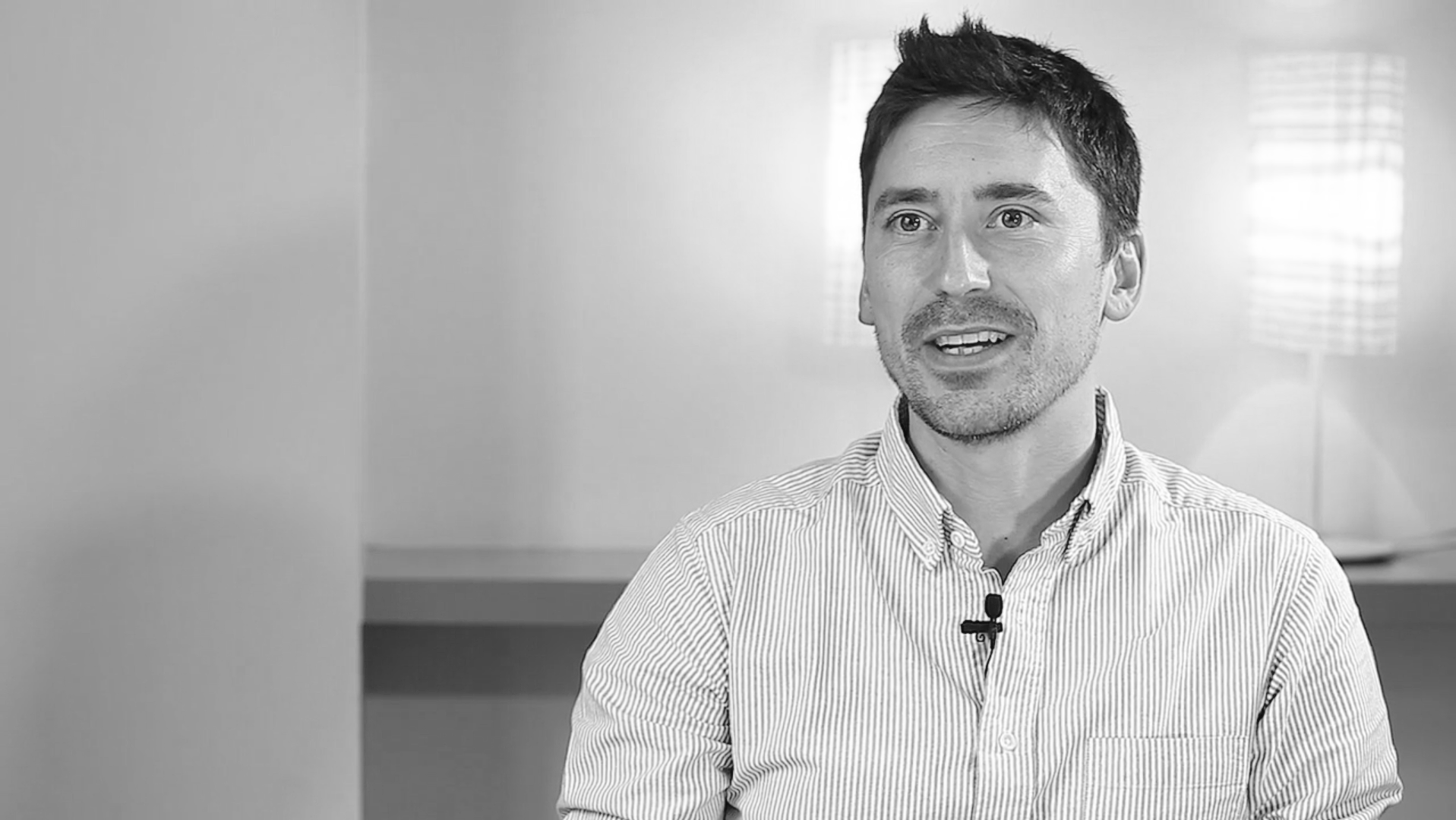
Philipp Schmidt & P2PU: Community-Driven Learning
by Chris McGivern and SF Team, 18 December 2017
He might not admit it, but there’s a slight rebellious streak running through Philipp Schmidt. He’s spent his career questioning conventional wisdom, experimenting with innovative ideas and taking on projects many others would call risky. It’s an attitude that’s served him well. Almost a decade after starting the Peer 2 Peer University (P2PU) project, he is now Director of the Learning Initiative at the MIT Media Lab, exploring the fringes and potential futures of teaching...
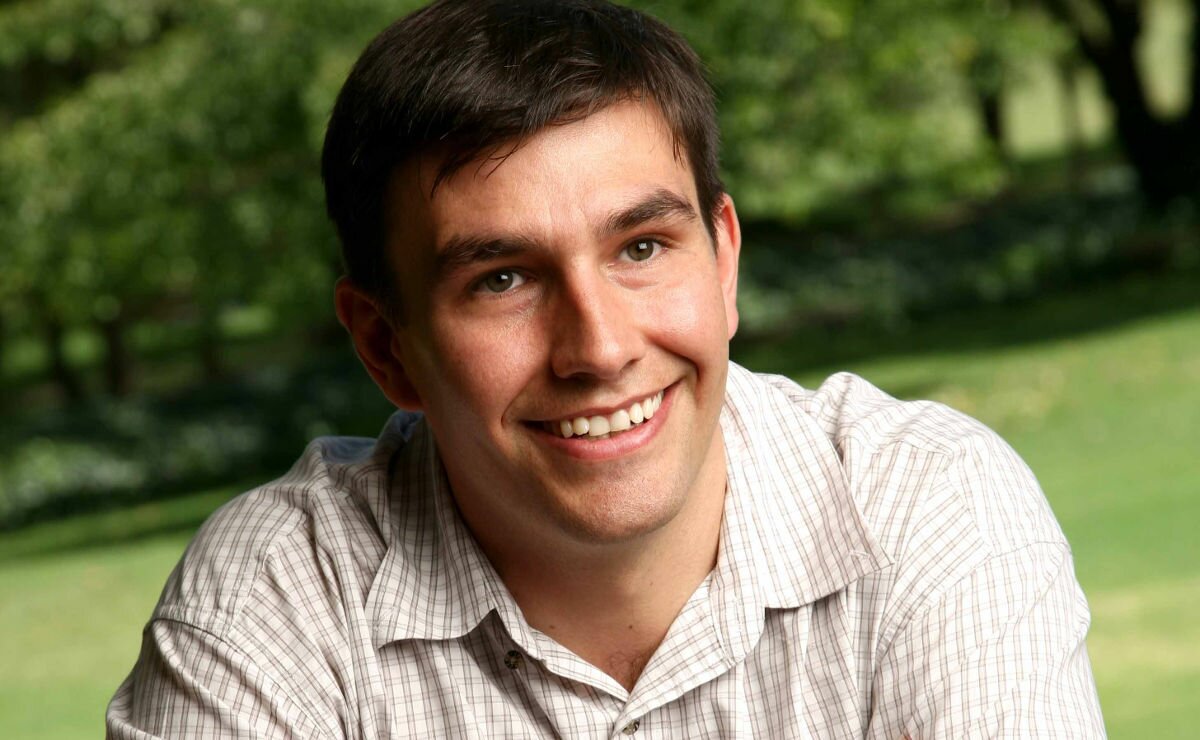
Mark Horner and Siyavula: Opening Access to Education
by Chris McGivern and SF Team, 12 December 2017
Imagine yourself as a young student from an under-resourced community in South Africa. You are bright, eager to learn and hopeful your education will lead to opportunities for a better life. However, circumstances are against you. Your school and parents struggle to afford the resources you need, and teachers are ill-equipped, under-trained and lack the speciality knowledge you need to master your subject. The chances are you will never know what you can achieve. You...
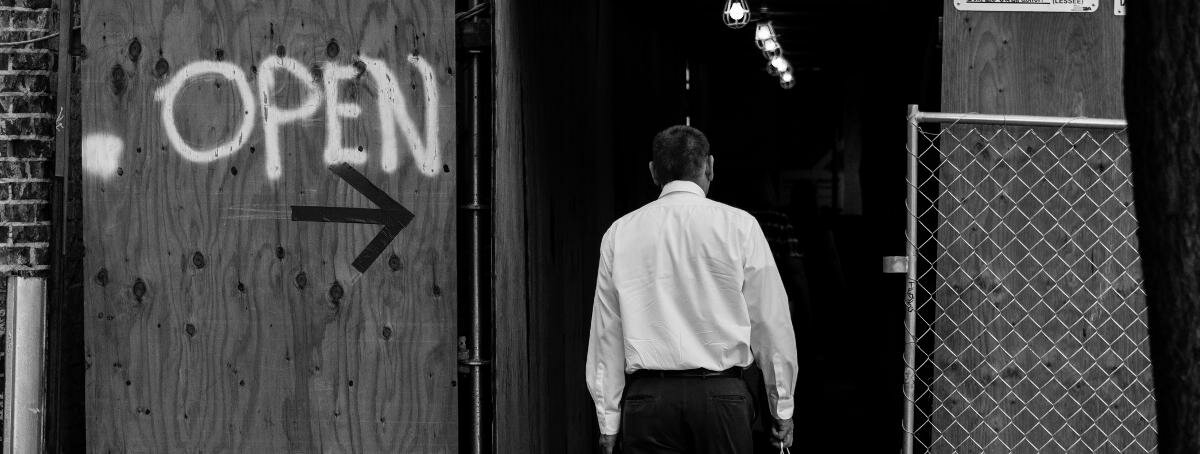
by Chris McGivern and SF Team, 6 November 2017
“What industries, sectors and domains do you fund?” We hear this a lot. It’s a common question asked of the Shuttleworth Foundation, both by potential investors and potential fellows. Here are three possible responses: Any It doesn’t matter It’s the wrong question Allow us to explain… We are open to ideas The Shuttleworth Foundation places immense importance on open practices and requests that all our potential fellows embrace and display the same values. But because...
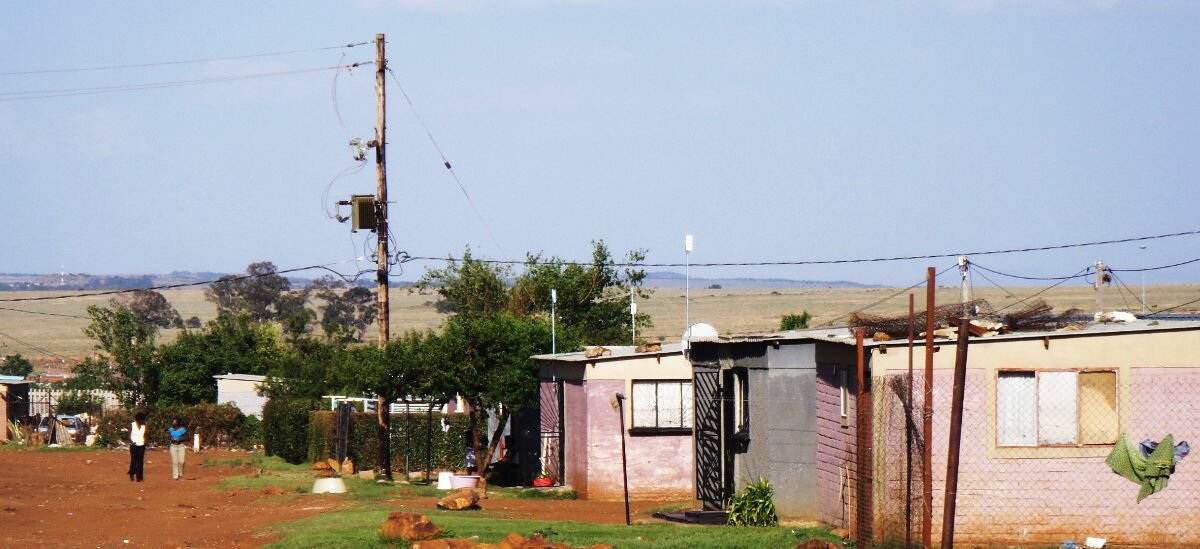
by SF Team, 26 September 2017
Having spent many years working in ICT for Development in Africa, Steve Song joined the Foundation in 2008 as one of the first Fellows. He articulated the missed opportunities for users and regulators alike resulting from overpriced data access in emerging economies and made a number of regulatory policy recommendations based on his experience and research, along with mapping the progress in undersea cables around Africa. In the absence of a telecommunications industry with a...

by SF Team, 3 October 2016
Four years ago, we wouldn’t have thought we’d fund a music venture. Like most people, we tend to think musicians are doing fine because there’s so much music around. But that’s like thinking journalists are fine because there’s so much news on TV. When culture is centralised in big, closed silos, we lose diversity, and we lose touch with parts of ourselves that we once treasured. And soon we don’t even notice what’s gone missing....

Open Locks: Legal commitments that lock in trust
by Andrew Rens, Arthur Attwell and SF Team, 7 July 2016
Contributors to your open project invest their time and energy because they trust you with their gift to the world. So the challenge is this: How can you keep their trust? Can you seal it in for the long term? There are many successful projects that have managed this, notably in open-source software. Linux, Firefox and Wikipedia are good examples. The practice of sharing knowledge in open-source-software communities is now common among researchers, civil society...

by SF Team, 22 September 2015
Applicants, and sometimes even Fellows, find it difficult to compute the broad question “what do YOU want to do?”. They keep looking for guidance to narrow down the scope of possibility and fit within prescribed parameters. Yes, we want open and innovative, we like technology and we get excited about access. Other than that, and even beyond that, we want applicants to tell us what they want to do, not the other way round. In...
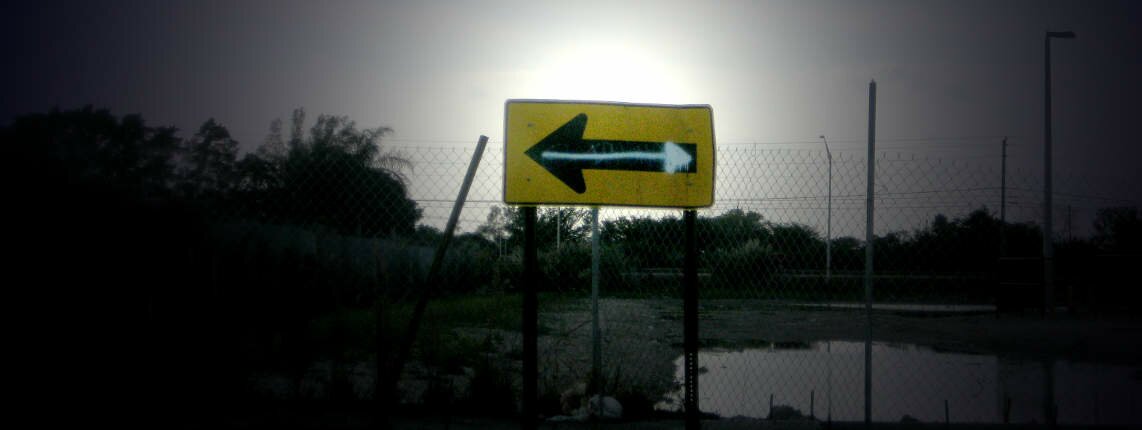
by SF Team, 23 February 2015
This is not where we started and it is almost certainly not who we will be indefinitely. But our experience in philanthropic investment so far has resulted in a couple of key principles that govern how we behave in the world, and specifically how we structure our relationships with those we invest resources in. This is where we are today: We fund individuals in the first instance. Individuals carry their learnings, experiences, passions and hopes...

by SF Team, 6 February 2015
Since 2007 we have required Fellows to apply open licences - first CC-BY-SA and then CC-BY - to all intellectual property created during the fellowship. The same principle applies to works produced within the Foundation. Openly licensed resources are only as useful as the number of people who can access to them, so now we are eating our own dogfood and making our Fellowship Agreement and Project Agreement available on GitHub. These agreement outlines are...

by SF Team, 15 May 2014
This success has also made the term fashionable and sometimes leads to overenthusiastic uses of the open label or, more worryingly, open-washing. It can result in uncertainty and confusion for those who plan to open up knowledge resources for strategic purposes. The detail of how open is open, matters. Although governments and inter-governmental organisations are adopting the creation and use of open knowledge resources, there is a surprising lag by the majority of non-profit organisations,...

Open as a Strategy for Philanthropy and Social Change
by SF Team, 3 March 2014
The more we expose the thinking, working and practices of our organisation, our ideas and our projects, the better. Exposing this information allows other organisations, project implementers, funders, policy makers, change agents, advocates and academics to learn from what we have done. We have found that being intentional about making knowledge resources, funded and/or produced by us, freely and openly available creates a number of strategic opportunities: You can buy one copy, give 1000′s free....

by SF Team, 15 January 2014
The open source software movement has not only created widely used software but million dollar businesses. Although the model is well established for software development, distribution and use, it is not the case for education, philanthropy, hardware or social development, to name but a few important endeavours. The default imposed on knowledge resources by copyright law is automatic lock down. This default makes little sense if your agenda is social change. We wanted to understand...